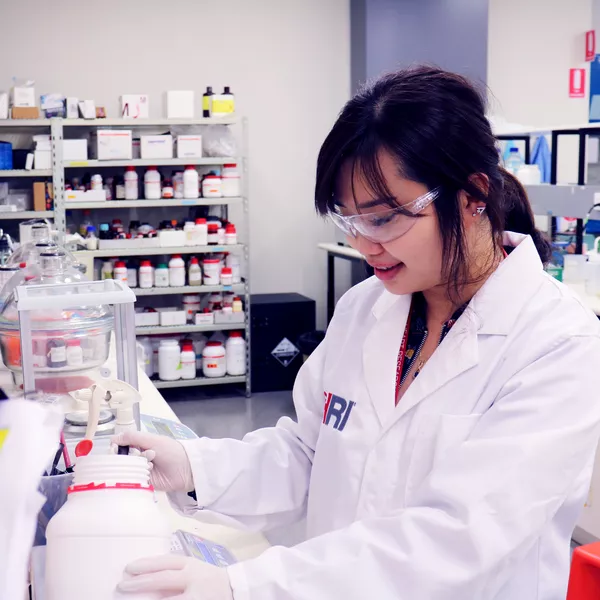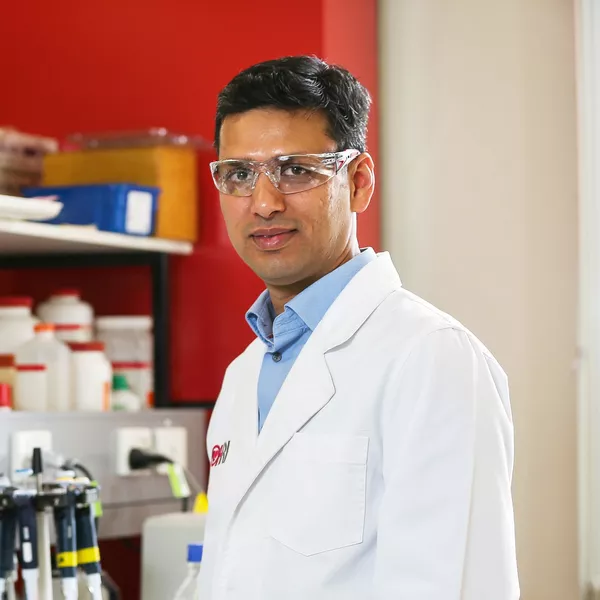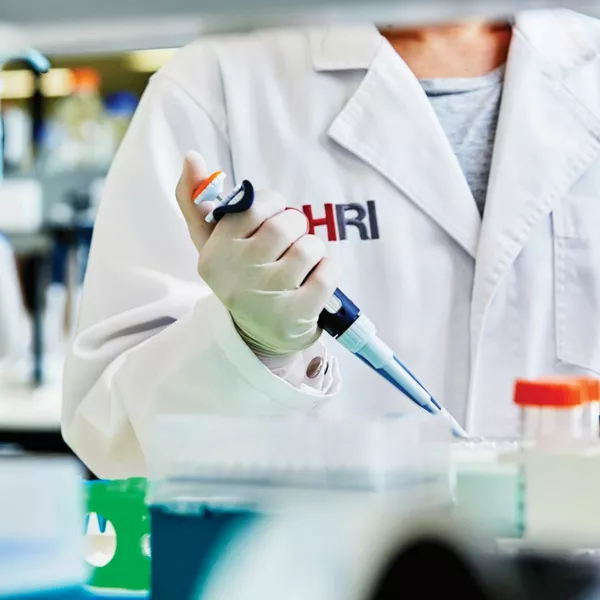The Heart Research Institute (HRI) would like to acknowledge Gadigal Country, where our work is primarily based. We pay our deepest respects to the Elders of this place. We acknowledge their knowledge, their care and those who preceded them. We also pay our respect to all Aboriginal and Torres Strait Islander Peoples across this great continent, where our team work, live and play. We respect their knowledge, cultures and continuous connection to Country.









